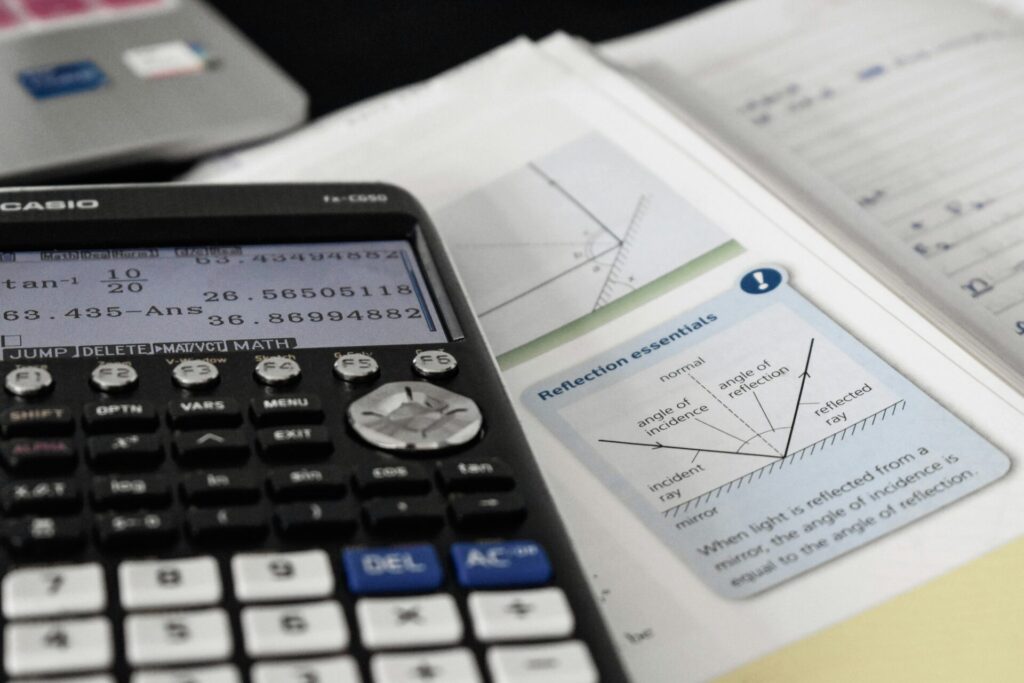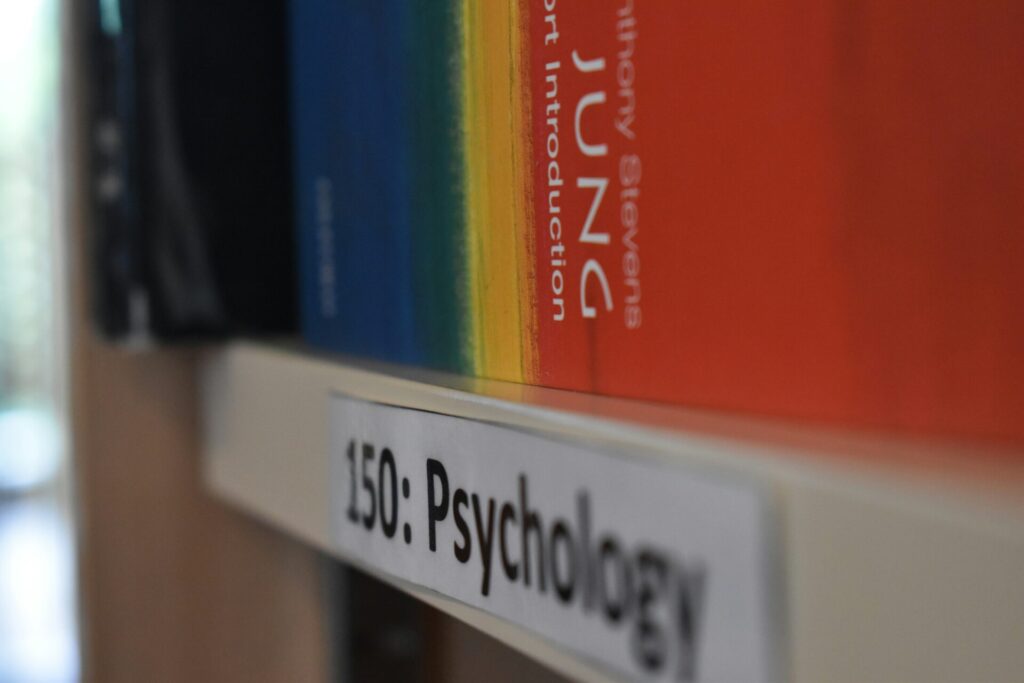The IB Maths exam is infamous for its complexity and the wide range of skills it tests. Success requires more than just memorizing formulas; it involves a deep understanding of mathematical concepts, excellent problem-solving skills, and strategic preparation. Whether you’re tackling IB Mathematics at Standard Level (SL) or Higher Level (HL), consistent preparation can help you excel. This guide provides niche, math-specific tips to equip you with the tools to confidently approach the exam and maximize your results.
IB Math Exam
The IB Maths exam challenges students to demonstrate not only their mathematical knowledge but also their ability to apply these concepts in novel situations. The curriculum is divided into Analysis & Approaches (AA) and Applications & Interpretations (AI), with each focusing on critical thinking and real-world applications.
To excel, preparation must go beyond superficial review. Understanding the nuances of how questions are scored and recognizing examiner expectations can give you a significant edge. For example, showing your work clearly and in logical steps often earns partial credit, even when you make errors in calculations.
With good preparation, including focused problem-solving and time management strategies, you can avoid common pitfalls and confidently tackle everything from calculus to statistics, sequences, and geometry.
For immersive opportunities to learn and interactively practice math, check out Mathematics Summer School.
IB Math Preparation
Developing a Preparation Strategy
The first step to IB maths success is crafting a strategy tailored to the exam’s demands. Start by reviewing past papers to identify question trends and your weak areas. If you find trigonometry or integration consistently challenging, allocate extra time to those topics, while revisiting your IB Maths Coursework to solidify the foundations.
Here are niche tips to refine your study process:
- Accuracy in Answers: Always aim to write your answer using 3 significant figures or exact values, unless otherwise instructed.
- Graphing Tips: When required to sketch functions, include:
- Correct x- and y-axis intercepts
- Horizontal, vertical, and slant asymptotes
- Coordinates of maxima, minima, and endpoints when domain restrictions are provided
- Understanding the IB Formula Booklet:
Familiarize yourself with where all key formulas are located and understand their applications. Don’t waste time scouring the booklet for relevant equations during the exam.
Enhance your mathematical strategy by enrolling in Mathematics Online Courses.
Creating a Study Schedule
A well-crafted study timetable can ensure you cover the syllabus efficiently. Start with the more challenging topics and intersperse them with easier ones to maintain balance. Here’s a smart breakdown:
- Allocate focused sessions for topics like calculus (including differentiation and integration) early on.
- Design mixed-topic days where you solve questions from algebra, functions, and trigonometry together. This approach, known as interleaving, improves problem-solving skills by mimicking the exam’s structure, which often mixes question types.
- Use spaced repetition to review essential formulas and theorems regularly. For example, revisit your flashcards every few days to fight the Forgetting Curve.
Be flexible, but ensure you are covering all areas systematically to avoid last-minute panic.
The Importance of Practice
Practicing regularly is non-negotiable for the IB Maths exam. Start with basic exercises from the textbook before progressing to past papers under timed conditions. Niche tips for practicing include:
- For binomial and normal distributions, always show your working, even when you’re using a calculator. Write intermediate steps to secure partial marks in case of errors.
- When tackling sequence problems, remember that indices (e.g., n) in sequences must be integers. If the most plausible maximum occurs at a non-integer index, calculate and compare adjacent integer values instead.
Practice solving questions using both Standard Level and Higher Level difficulty if you’re an HL student. These exercises will train your mind to work across varying levels of complexity.
Effective Revision Methods
Make your revision impactful by employing scientifically proven strategies:
- Active Recall:
Test yourself on key concepts without looking at notes. For example, practice recalling derivative rules or trigonometric identities. - Elaborative Interrogation:
While revising, ask “why” and “how” about each formula or theorem. For instance:- Why does differentiation find the slope of a function?
- How does the quadratic formula relate to completing the square?
- Error Analysis:
Identify patterns in mistakes from past papers. Categorize errors into conceptual misunderstandings, procedural mistakes, or calculation slips.
By deeply engaging with the content, you’ll effectively retain and recall information when it matters most.
How to Study Math for Exam
Prioritize Stress Management
Mathematics can feel daunting, but managing your stress effectively can be a game-changer. Techniques like mindfulness and deep breathing before and during study sessions can reduce anxiety.
Also, develop exam-like resilience by practicing under pressure. Attempt timed past papers regularly. Gradually, you will familiarize yourself with the format, leaving no room for surprises.
Build Exam-Day Confidence
Confidence stems from preparation. Trust in the time and energy you’ve dedicated to your study routine. Use the following math-specific reminders during the exam:
- Integrals requiring logarithmic answers must include the modulus symbol. Forgetting this can cost marks.
- Always state vector equations clearly (typically starting as r= ), and pay close attention to whether the problem specifies position vectors or coordinates.
Being detail-oriented and methodical will boost results.
Avoid Last-Minute Cramming
Resist the urge to cram in the final hours. Use the last few days to revise organized notes and tackle light, familiar questions. Overloading your brain with new material at this stage can do more harm than good.
Maintain a Healthy Routine
A sharp mind requires a healthy body. During preparation:
- Stick to a consistent sleep schedule.
- Eat brain-boosting foods like nuts, berries, and fish.
- Take short walks or stretch between study sessions to recharge.
On exam day, stay hydrated and calm. A balanced routine helps you remain alert and approach the test with a clear mind.
Join the Immerse Education 2025 Essay Competition
Follow the instructions to write and submit your best essay for a chance to be awarded a 100% scholarship.

Final Thoughts
The IB Maths exam is undoubtedly tough, but with the right preparation, your potential to excel is limitless. From crafting a tailored study schedule to mastering math-specific strategies like graphing techniques and using exact answers, every step you take in preparation brings you closer to achieving that top score.
Additionally, leverage resources such as the Mathematics Summer School and Mathematics Online Courses for guided support.
Approach the exam not just as an assessment, but as an opportunity to showcase months of hard work. With persistence, strategy, and a calm mindset, you’ll achieve more than just great results – you’ll master skills that last a lifetime. Best of luck!





















